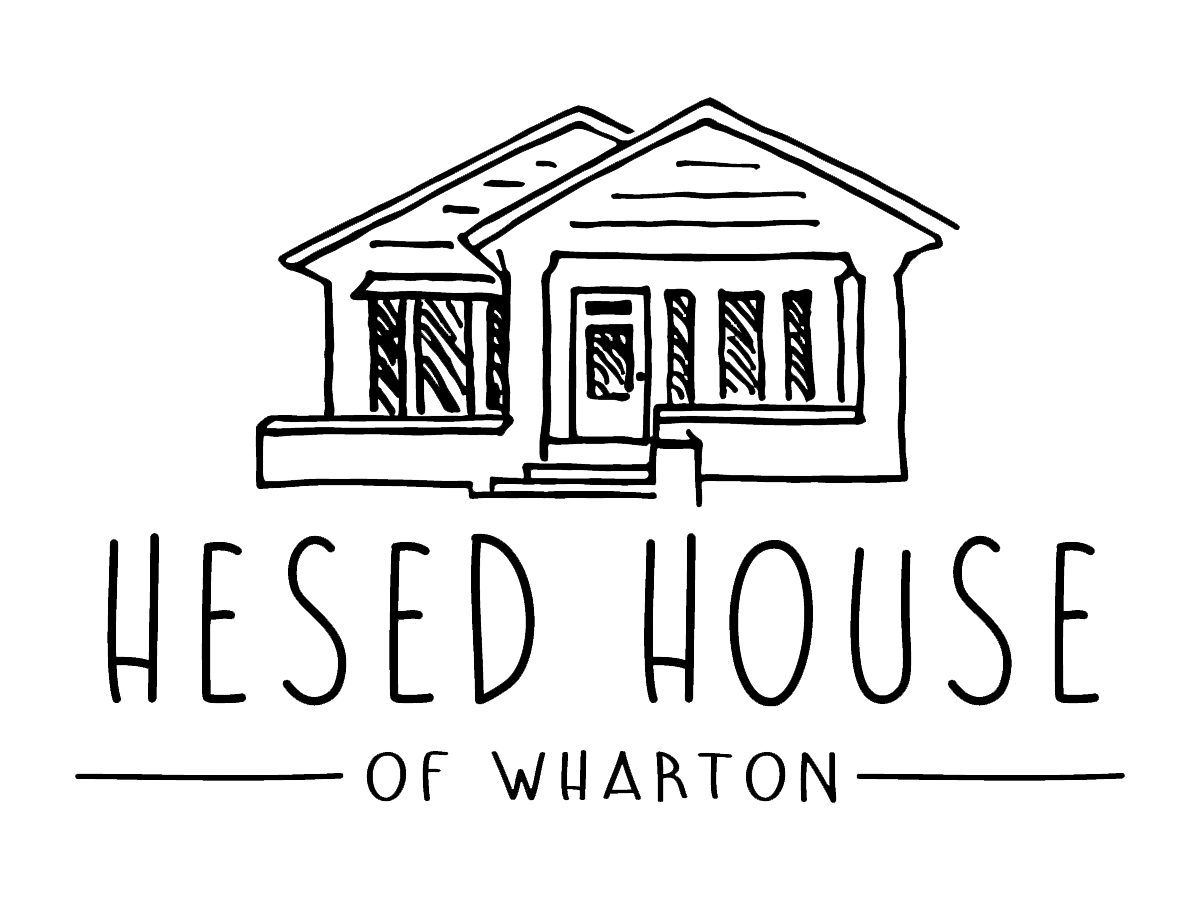Does Wharton County Ever Cross Your Mind?
There are songs about Texas. About roads going on forever and the stars at night. Tanya Tucker even sang, “When I die I may not go to heaven/I don't know if they let cowboys in/If they don't just let me go to Texas, Boy/Texas is as close as I've been.” Any Texan who endured days without power and water due to Winter Storm Uri will tell you, this place Tanya called heaven, felt more like a cold hell.
For Texans in rural communities, the Texas made famous in song after song seems to be one that forgets it wasn’t cities that made it the stuff of legend, it was the wide open spaces. According to the Governor’s Office, “On February 20th, the White House partially approved Texas' request for a Major Disaster Declaration. The partial approval included Individual Assistance in 77 counties and for Public Assistance (Emergency Protective Measures Only) in all 254 counties.” While there are 77 metropolitan counties in the state, there are 177 rural counties. For residents living in those rural counties, assistance is sparse and media coverage is virtually nonexistent.
If this was our first disaster, maybe you’d think we just didn’t understand how disaster coverage and resourcing works. But honey, this is not our first rodeo. After Hurricane Harvey danced along the Texas Gulf Coast, and Houston was starting to pick up the pieces, Wharton, a city considered an urban cluster, in a rural Texas county, found itself flooded for the third time in 18 months, as did neighbors in outlying areas of the county. This time to the tune of 11.2 million in unmet needs for residences alone. This does not include industrial, agricultural, educational, and the variety of other losses, including sixteen flooded churches.
Neighbor helping neighbor, there was not one life lost, but there was lost hope. Then just like the cowboys in songs that made us famous, we dusted off our britches and got back on the horse. Wharton County has made great strides in building community resilience since Hurricane Harvey. Surprisingly, we are no one’s bumpkin country cousin. We know what we need to build a more resilient community and we have worked hard to do so even through a pandemic. A pandemic that has driven our city cousins out of town and down the highway to our “precious town” where they felt safe to walk around and breathe fresh air.
You’re welcome here, too. In the words of Charlie Robison, if “you're feeling like slowing down/I'll see you around/Around my hometown.” We’d be happy to show you around, but we’ll probably still be busy picking up the pieces long after everyone else forgets Uri’s name.

